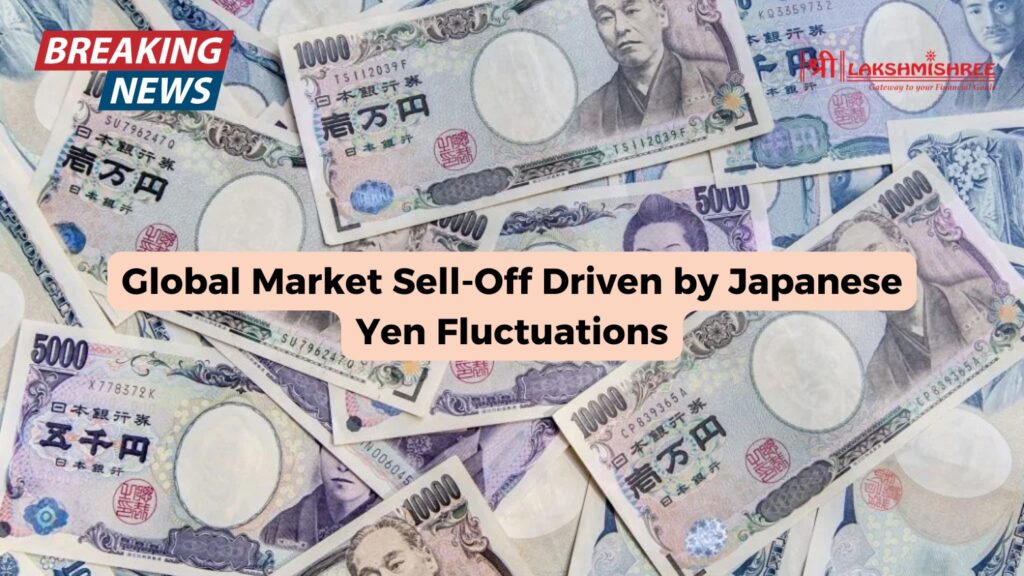Recent global market sell-off can be attributed mainly to the sharp fluctuations in the Japanese Yen. The yen was at 165 Yen per USD two weeks ago. For over more than 30 years now, Japan has maintained zero interest rates on even loans, thereby encouraging many financial institutions around the world to borrow heavily from Japan and invest in the US market. This had the dual advantage of no interest expense and the dollar’s steady appreciation against the Yen. Most of these operators have hedged their positions by shorting the Yen.
One week ago, however, the situation dramatically changed as the Japan Central Bank hiked interest rates by 25 basis points off from its zero rate that has been on hold for decades. This change meant that existing zero-interest loans now had extra costs, and many funds were forced to sell their US investments to repay the loans, leading to a strong market sell-off. At the same time, the Yen was appreciating against the dollar at an incredible pace—from 165 Yen per USD down to 145 Yen per USD in two days only. The sharp appreciation forced many entities that had shorted the yen to quickly cover their positions, an event that added to the volatility of the market.
Additionally, there were huge cross-currency losses for those who had borrowed in Yen at the previous rate. For instance, a 16,500 Yen loan, previously equivalent to 100 USD, now translated to 113 USD, thus involving a direct loss of 13% due to a Yen appreciation. These new financial and currency dynamics have caused a knock-on effect, with huge sell-offs occurring outright and increased volatility in the markets. Absolutely nothing to do with any geopolitical concern, including that of the Israel-Iran situation, but driven by these new dynamics in finances in Japan.
Do you have a news tip for Lakshmishree reporters? Please email us at media@lakshmishree.com

News Desk



